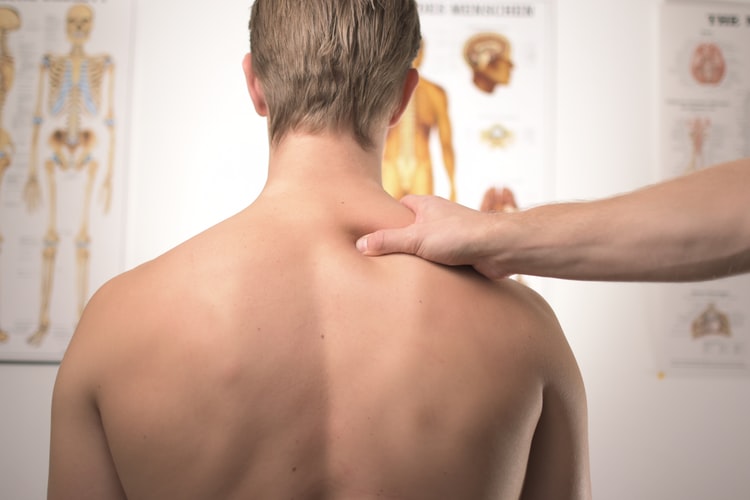This week’s blog, as many of them are, was inspired by a conversation I had recently with a client. On his first session I was introducing him to the concept of meditation, which he has since started doing. And he contacted me and said, “I’ve had this really interesting insight. I had no idea that I was holding tension in the body and I certainly didn’t know, if I was, where it would be.”
But he said in that first 10 minute meditation, he was able to immediately identify where he was holding his tension and the result was that he was able to stretch, to get up, relax, and of course be aware of that tension so that he can now start addressing those tension points in the body.
This is important because tension not only is an expression of stress that needs addressing, but it can also lead to tight muscles, tight ligaments, tight tendons, and ultimately making you more prone to injury and of course be less comfortable.
Just by being able to identify where that tension was being held, was a really interesting insight from my client, and a really great thing for him to understand so early in his meditation journey. For me, I know I tend to hunch my shoulders and shrink the neck, which is where I’ll hold my tension – so I do quite a lot of exercises to try to loosen up the neck.
Do you know where you are holding the tension?
If you can pinpoint that, you can start to address some of those tension points and feel a little bit more relaxed, get more fresh oxygenated blood throughout the body by moving those body parts. If meditation is the way you do that, all the better because there are millions of studies that prove the efficacy of meditation for relieving stress, for relieving feelings of tension, of anxiety, even of depression and generally making people feel a little more controlled and less reactive.
Finding something that is meditative or focusing on meditation is a great way of finding out where you carry your stress and tension and can be really beneficial, both for mind and body.
What’s Your Health IQ?
Discover what your Health IQ score is based on the Six Signals™: sleep, mental health, body composition, energy, digestion and physical fitness. Our simple diagnostic tool will help you understand where you should prioritise your efforts.


